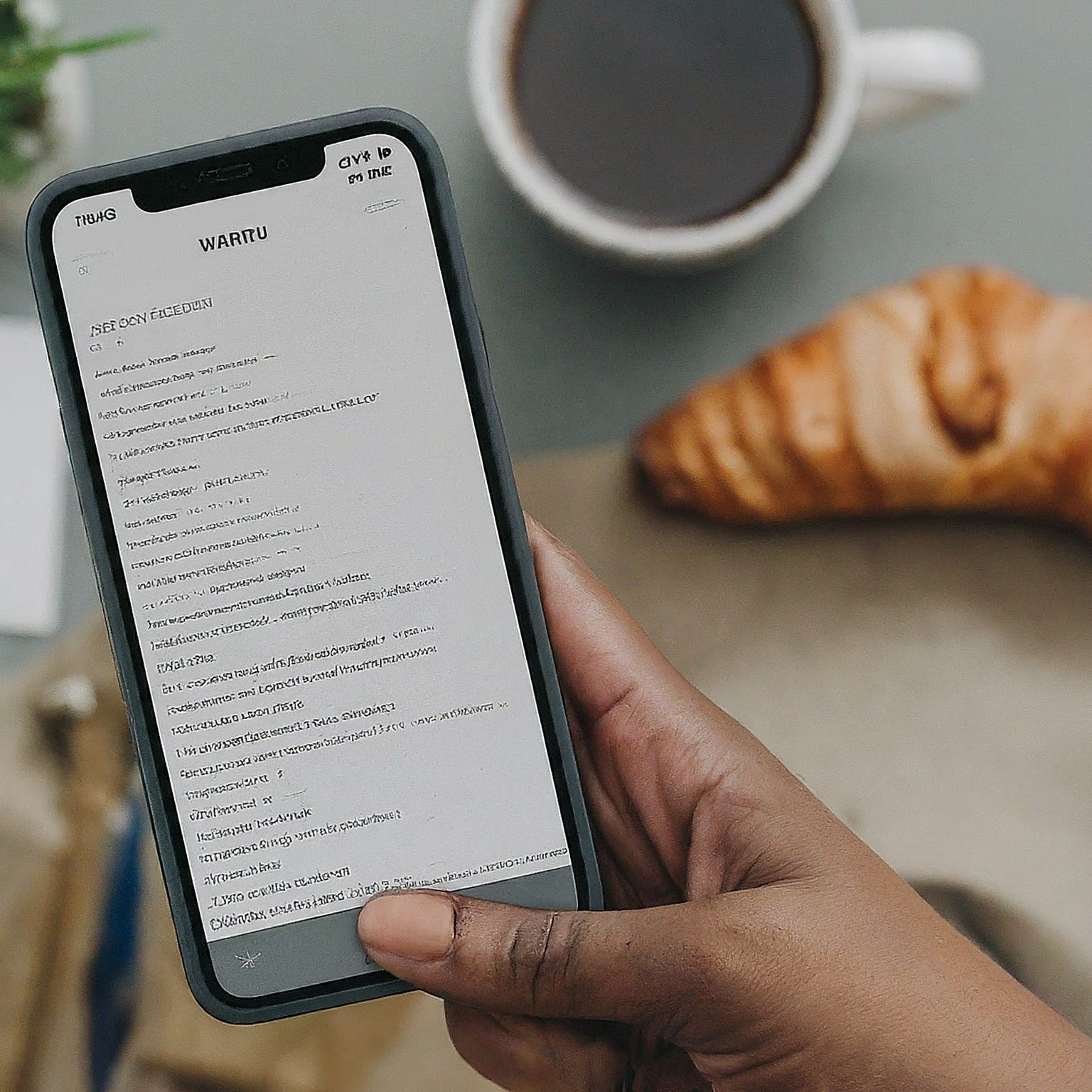In today’s digital age, text messages are an integral part of our daily communication. However, have you ever wondered how T-Mobile text records are stored, accessed, and protected? This in-depth article explores everything you need to know about T-Mobile text records, from how to access them and what information they contain to their retention policies and privacy considerations.

What are T-Mobile Text Records?
T-Mobile text records are digital logs of text messages sent and received through the T-Mobile network. These records typically include details such as:
Date and Time: The exact timestamp of when each message was sent or received.
Phone Numbers: The phone numbers involved in the conversation, both yours and the recipient’s.
Message Content: Depending on the specific record type, this may or may not be included.
Accessing Your T-Mobile Text Records
There are several ways to access your T-Mobile text records:
1. My T-Mobile Account:
The easiest and most convenient way is through your online My T-Mobile account. Follow these steps:
Log in: Sign in to your My T-Mobile account using your credentials.
Navigate to Usage: Go to the “Usage” or “Bill details” section.
View Text Records: Select the “Messages” tab to view your text records.
Note that detailed text message content (the actual text) may not always be available through My T-Mobile.
2. T-Mobile App:
You can also access your text records through the T-Mobile app on your smartphone:
Open the App: Launch the T-Mobile app and log in to your account.
Find Usage: Look for the “Usage” or “Bill” section within the app.
View Records: Select the “Messages” option to view your text logs.
3. Contact T-Mobile Customer Service:
If you need assistance or have specific questions about your T-Mobile text records, you can contact their customer service team:
Call: Dial 611 from your T-Mobile phone or 1-800-937-8997 from any phone.
Chat: Use the live chat feature on the T-Mobile website.
Visit a Store: Find a local T-Mobile store for in-person assistance.
What T-Mobile Text Records Show
The level of detail in your T-Mobile text records can vary. Here’s what you can typically expect to find:
Call Detail Records (CDRs): These include information on the date, time, duration, and phone numbers involved in each text message. They do not typically include the actual text content.
Text Message Content: In some cases, T-Mobile may retain the actual text content of messages for a limited time. However, this is not always guaranteed, and the availability of message content may depend on various factors.
T-Mobile Text Record Retention Policy
T-Mobile’s retention policy for text records is subject to change. However, they generally retain CDRs (call detail records) for a longer duration than the actual text message content.
Privacy Considerations
T-Mobile text records are considered sensitive personal information. T-Mobile is committed to protecting customer privacy and adheres to strict data security protocols. They will not release your text records to third parties without your consent or a valid legal request.
Managing and Deleting T-Mobile Text Records
While T-Mobile handles the storage and retention of your text records, you have control over the messages stored on your own device. You can delete individual messages or entire conversations directly from your phone’s messaging app.
Can You Retrieve Deleted Text Messages from T-Mobile?
In most cases, once you delete a text message from your phone, it cannot be retrieved from T-Mobile’s servers. However, there are third-party data recovery tools that may be able to recover deleted messages from your device’s internal storage, depending on various factors.
Legal Considerations and Law Enforcement Requests
Under certain circumstances, law enforcement agencies may request access to T-Mobile text records as part of an investigation. T-Mobile will comply with valid legal requests while adhering to privacy laws and regulations.
Conclusion
Understanding T-Mobile text records is crucial in today’s digital world. By knowing how to access, manage, and protect your text message history, you can ensure your privacy and maintain control over your personal information.


